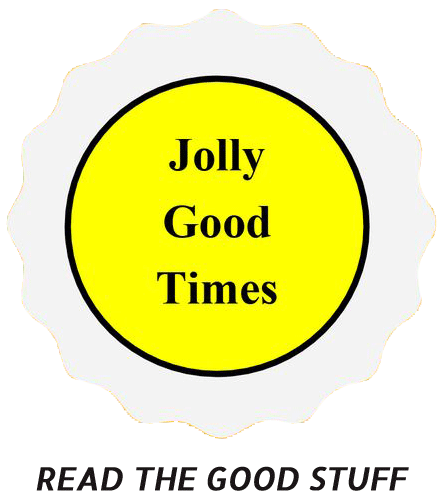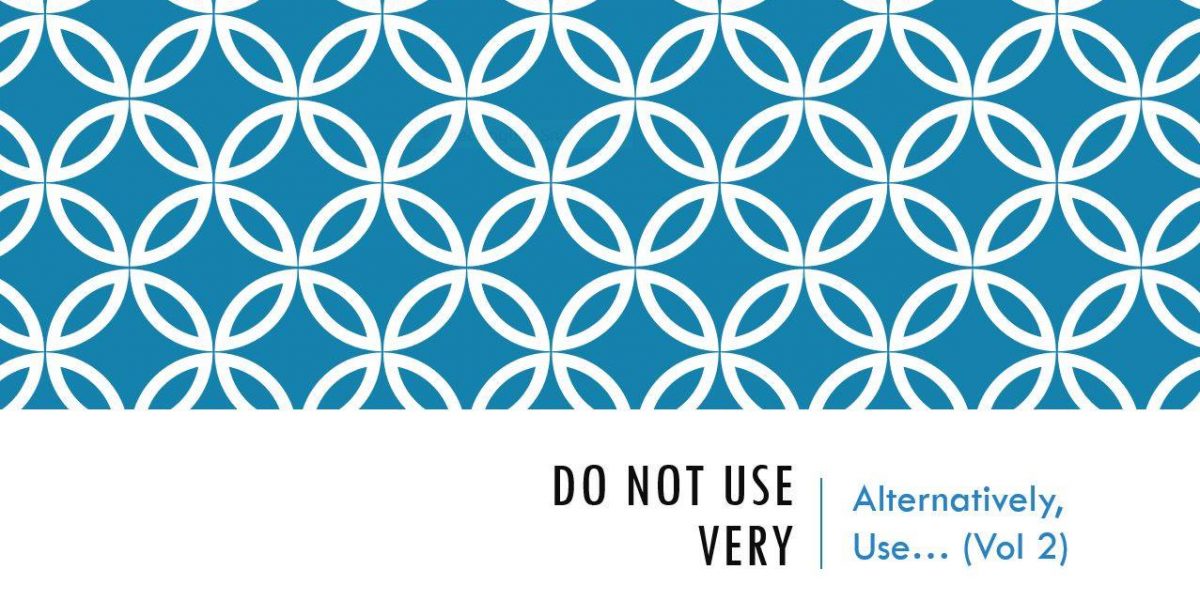"Do Not Use Very (Vol 2)"
Post on: September 7, 2018
During my school days whenever I was assigned to write compositions, I would be stumped when I had to describe something much intense than the word I had in mind. An example — when I needed to define “an extremely dry” area, I will use “very dry”. I would then muse if I could have articulated it more aptly. I wonder if the example rings a bell.
An interesting quote — “VERY is the most useless word in the English language and can always come out. More than useless, it is treacherous because it invariably weakens what it is intended to strengthen. For example, would you rather hear the mincing shallowness of ‘I love you very much’ or the heart-slamming intensity of I ‘love you’?” — Florence King.
Wow! what a profound quotation — however, we do not advocate the total eradication of the word “very”. Nevertheless, we have compiled some common words where “very” can be avoided. Alternatively, use —
1. Very Shy – Timid
2. Very Different – Disparate
3. Very Noisy – Deafening
4. Very busy – Swamped
5. Very Wide – Expansive
6. Very Tall – Towering
7. Very Tiny – Minuscule
8. Very Upset – Distraught
9. Very Lazy – Indolent
10. Very Old-fashioned – Archaic
11. Very Weak – Frail
12. Very Windy – Blustery
13. Very Quick – Rapid
14. Very Shiny – Gleaming
15. Very Perfect – Flawless
16. Very Detailed – Meticulous
17. Very Messy – Slovenly
18. Very Pale – Ashen
19. Very Powerful – Compelling
20. Very Creative – Innovative
On hindsight, I could have used merely “parched” instead of “very dry” in my example — Stylo?
The Jolly Good times hopes these words come in handy in your everyday usage (especially for students). Invite your kakis (friends) to Like us on our Facebook.
#JollyGoodTimes #DoNotUseVeryVol2 #ShajiThomasVarughese
https://www.facebook.com/jollygoodtimes.org
Image: George/JollyGoodTimes




